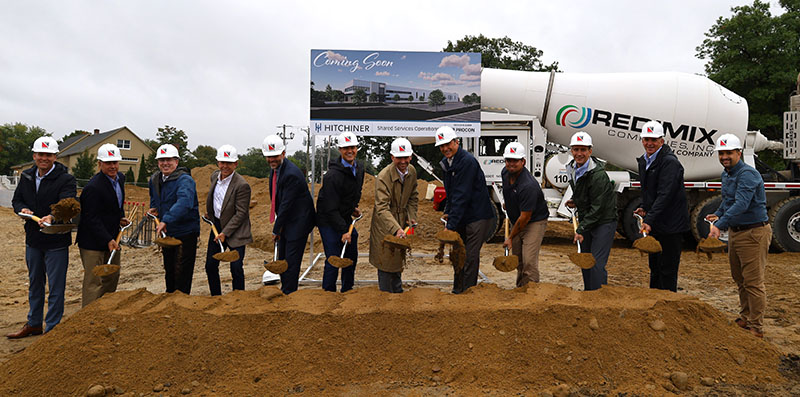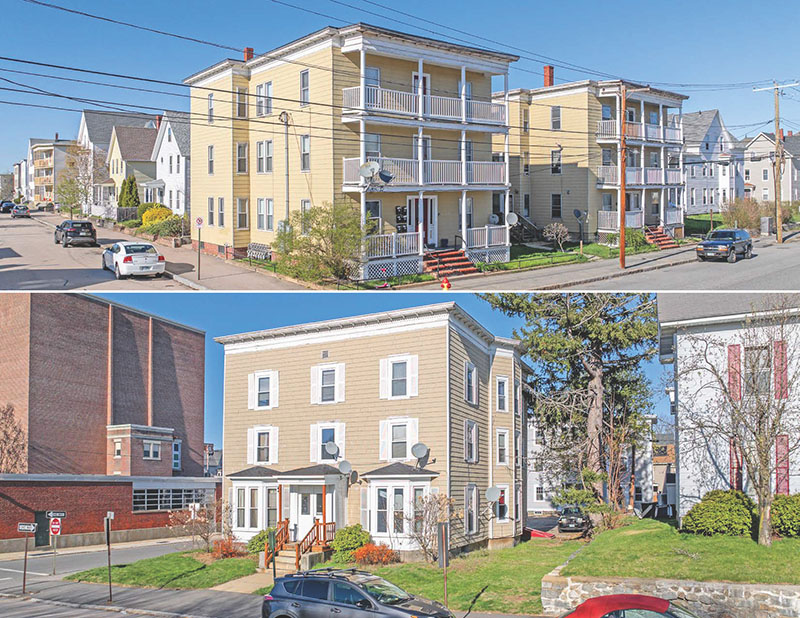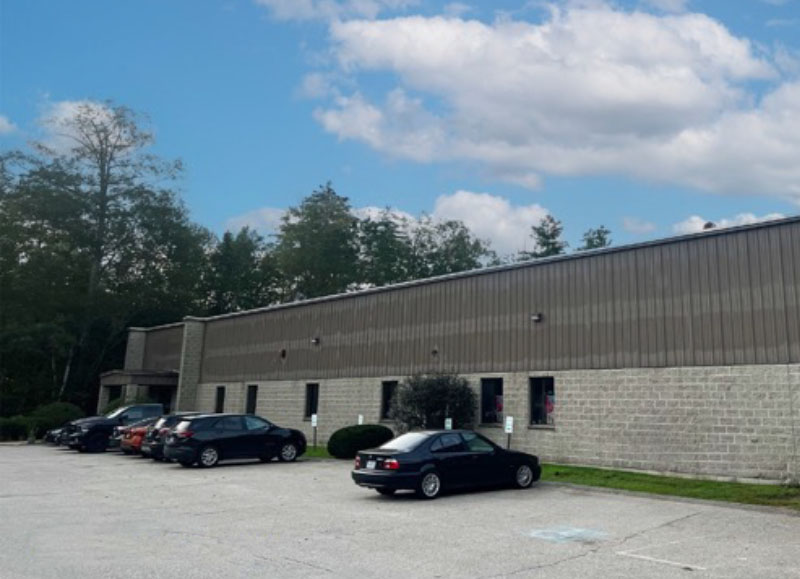News: Northern New England
Posted: July 3, 2014
(Mostly) quiet on the legislative front: Real estate laws and regulations are constantly evolving
Unlike in prior years, the New Hampshire Legislature concluded its 2014 session with very few measures of significance to real estate owners, developers, landlords, tenants and other real estate professionals. It's most important actions involved postponing measures that could have an impact on real estate-related businesses. Here are some legislative highlights from Concord:
Perhaps the most significant bill passed was one postponing the implementation of the new integrated land development permit statute, RSA 489. The integrated land development permit process is an alternative to seeking multiple individual land development permits from the Department of Environmental Services. Rather than applying for separate permits under the various environmental protection programs (e.g., wetlands, alteration of terrain, etc.), RSA 489 allows applicants to seek all environmental permits and approvals at once and have all issues considered in one application, through the integrated land development permit. Furthermore, under the statute, a denied application is appealable to a joint water-wetland council, rather than appealing each permit denial separately.
RSA 489 was scheduled to go into effect on January 1, 2015, and has been eagerly awaited by the development community. Unfortunately, the Department of Environmental Services, citing a need for additional staff, was not prepared to go forward with the law's implementation, and, at its behest, the legislature postponed the effective date until January 1, 2017.
On the other hand, by postponing action on two other bills, the legislature provided some positive news to property managers of condominiums. One bill, HB 1595, proposes creating a nine member "condominium dispute resolution board" to hear and rule on complaints of condominium unit owners related to a condominium association' s failure to follow the Condominium Act or the condominium's own governing documents. The review board would provide a more accessible forum for condominium unit owners to file complaints, as opposed to going to the courts directly, which likely would mean that more complaints would be filed, raising legal costs for property managers and condominium associations.
Another bill, HB 1594, proposes to license and regulate property managers of community associations, including condominiums, subdivisions, or planned unit developments. Under the bill, anyone who performs property management services, such as controlling or disbursing funds, preparing the budget or financial documents, assisting or conducting association meetings or coordinating maintenance or other day-to-day services, would need to be licensed by a property managers' board. To qualify for licensure, 20 hours of board-approved education would be needed, and an additional 10 hours of continuing education would be required for each two year renewal.
The property managers' board would also adopt rules relating to licensing and qualifications, auditing licensees, disciplinary actions and procedures, as well as establishing various licensing fees and administrative fines. The board would be empowered to discipline licensees if they engage in misconduct (including fraud or deceit, felony conviction, unprofessional conduct, drug or alcohol abuse, incompetence, or violation of any rule of the board).
Fortunately, both House Bill 1594 and 1595 were sent to interim study and will not be taken up by legislature until 2015.
One other bill, SB347, amended the current state law to allows towns and cities to impose a $100 fine for failure by the owner of residential rental property to file a statement with the clerk of the town or city in which the property is located providing the name, address and telephone number of the person authorized to accept service of legal process in New Hampshire, within 30 days following purchase of the property.
Finally, although not technically legislation, New Hampshire's Joint Legislative Committee on Administrative Rules (JLCAR) will be voting on proposed changes to the Department of Revenue Administration's regulations on the real estate transfer tax. The proposed rule changes include provisions exempting from the tax certain conversions to limited liability companies and extending the tax to ground leases that are in excess of 30 years. We will be watching these regulatory changes closely.
Real estate laws and regulations are constantly evolving. It is prudent for property owners, developers, landlords, tenants and other real estate professionals to actively monitor the legislative and administrative rule making processes and, if necessary, get involved!
Philip Hastings and Jeffrey Christensen are attorneys with Cleveland, Waters and Bass, P.A., with offices in Concord, Nashua and New London, N.H.
Tags:
Northern New England
MORE FROM Northern New England
PROCON and Hitchiner break ground on 57,000 s/f shared services operations facility
Milford, NH Hitchiner, in partnership with PROCON’s integrated design and construction team, has officially broken ground on a new 57,000 s/f shared services operations facility at its Elm St. campus. This building will house value-added services used across Hitchiner’s various business units,

Quick Hits







